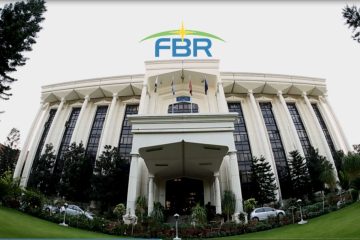The Islamabad High Court (IHC) has issued a stay order, temporarily halting the government’s plan to block mobile phone SIMs of individuals who haven’t filed their income tax returns. This temporary block is in effect until May 27, 2024.
Legal Challenge by Mobile Phone Company
A private mobile phone company challenged the government’s move in court. Their lawyer argued that the amendment authorizing SIM blocking violates the fundamental right to business freedom guaranteed by the Pakistani Constitution.
The company also expressed concerns about potential financial losses exceeding Rs. 1 billion annually if over half a million SIM cards were blocked.
Background of the Dispute
On April 30, 2024, the Federal Board of Revenue (FBR) issued an order to disable SIMs of over 500,000 individuals identified as non-filers for the 2023 tax year. This move aimed to pressure them into filing their income tax returns.
The telecom industry previously voiced concerns about the order’s legality and potential negative impact. They argued their obligation lies in providing uninterrupted services unless specific circumstances outlined in the Telecom Act are met.
Arguments Against SIM Blocking
Critics of the FBR’s order highlight several issues:
- Lack of Due Process: The FBR allegedly failed to conduct a proper legal analysis or consider the impact on citizens’ access to essential services, which courts have recognized as a fundamental right.
- Unintended Consequences: Blocking SIMs could disrupt access to essential services for compliant individuals, impacting their daily lives.
- Focus on Telecom Industry: The order places the burden on telecom companies, who are already tax compliant, rather than directly penalizing non-filers.
Current Status and Future Developments
The IHC’s stay order puts the SIM blocking initiative on hold until May 27th. It remains to be seen if the court will issue a permanent injunction or if the FBR will revise its approach to encourage tax compliance.







